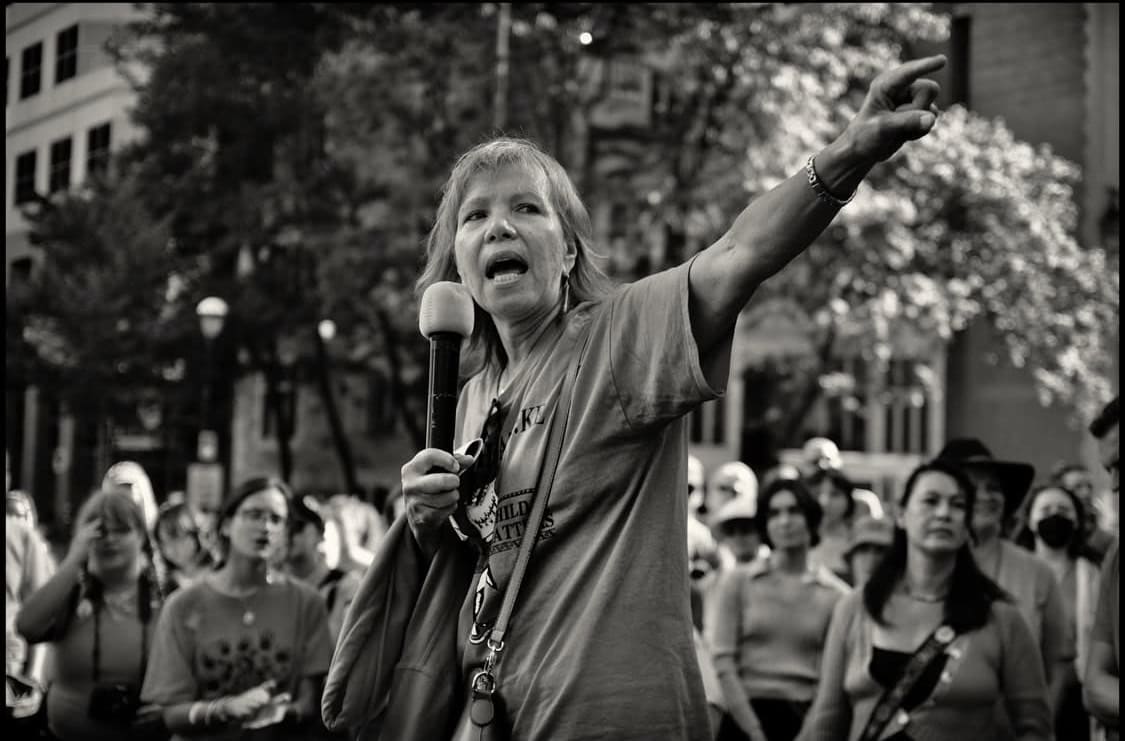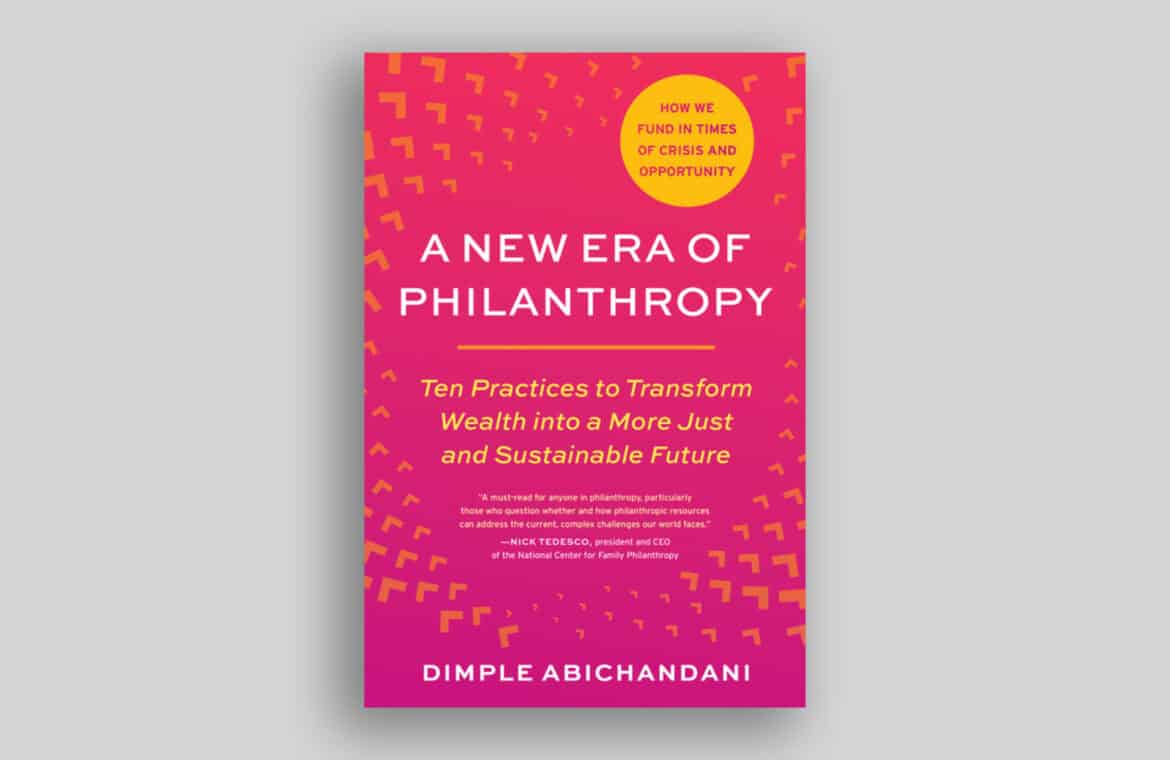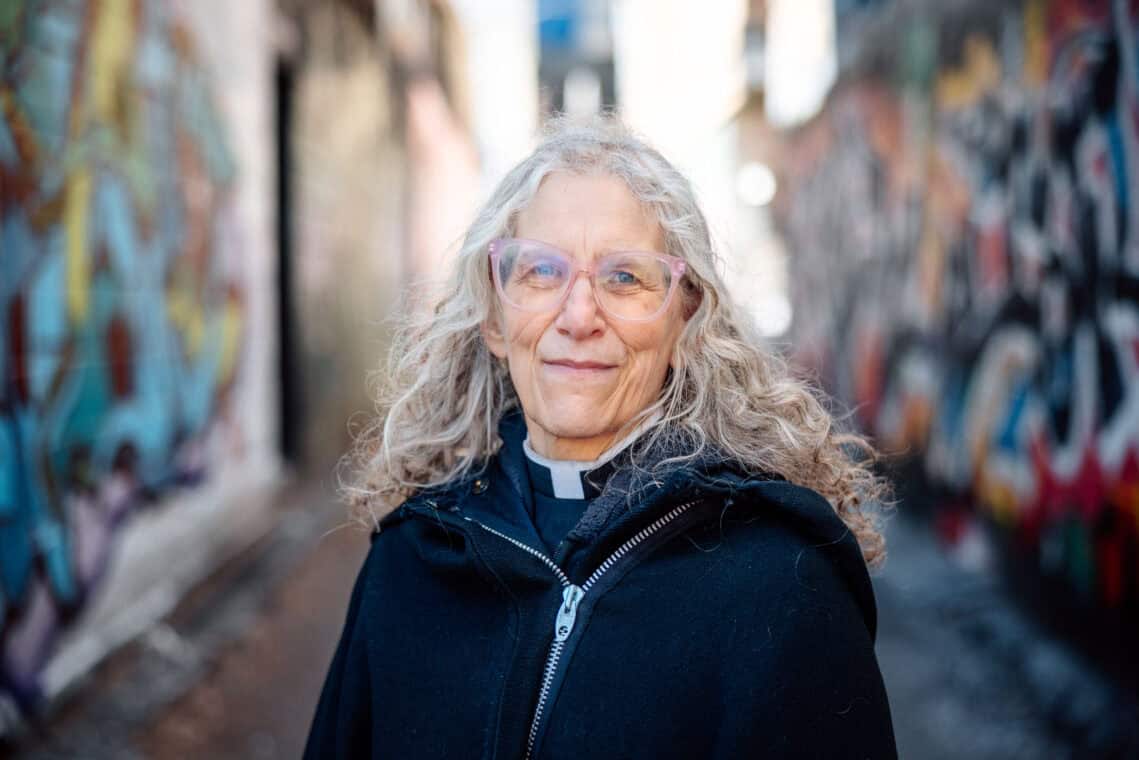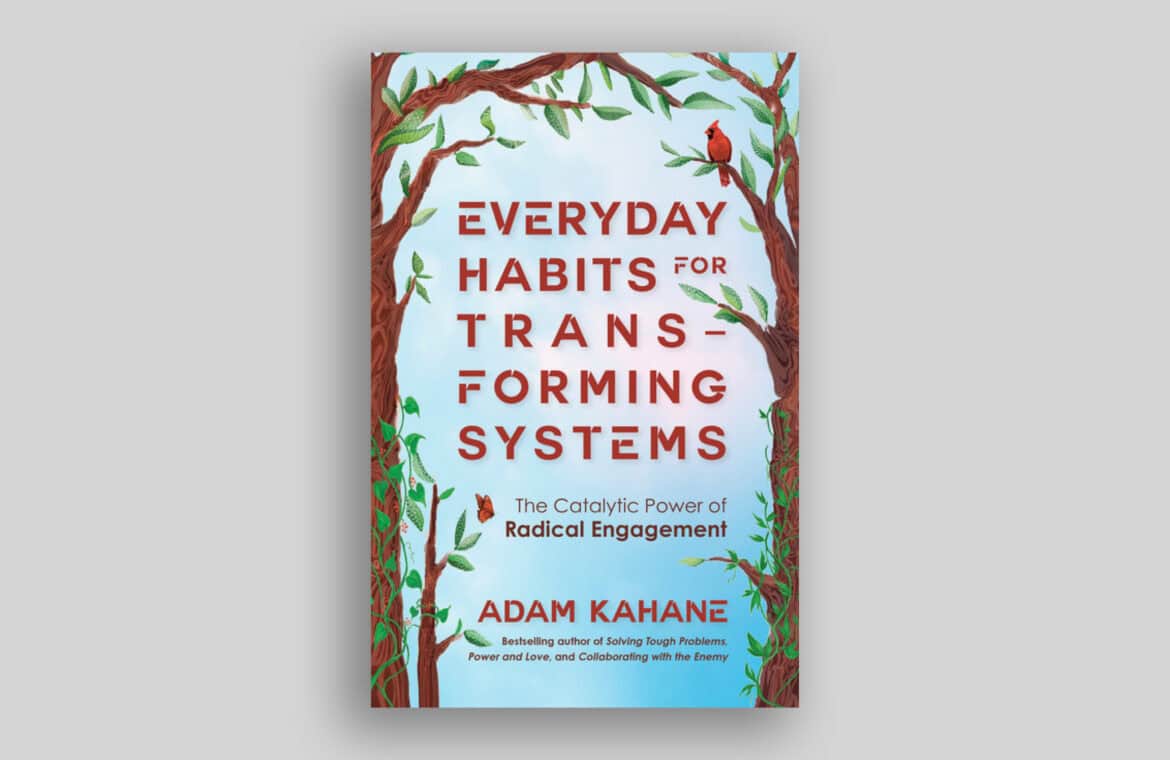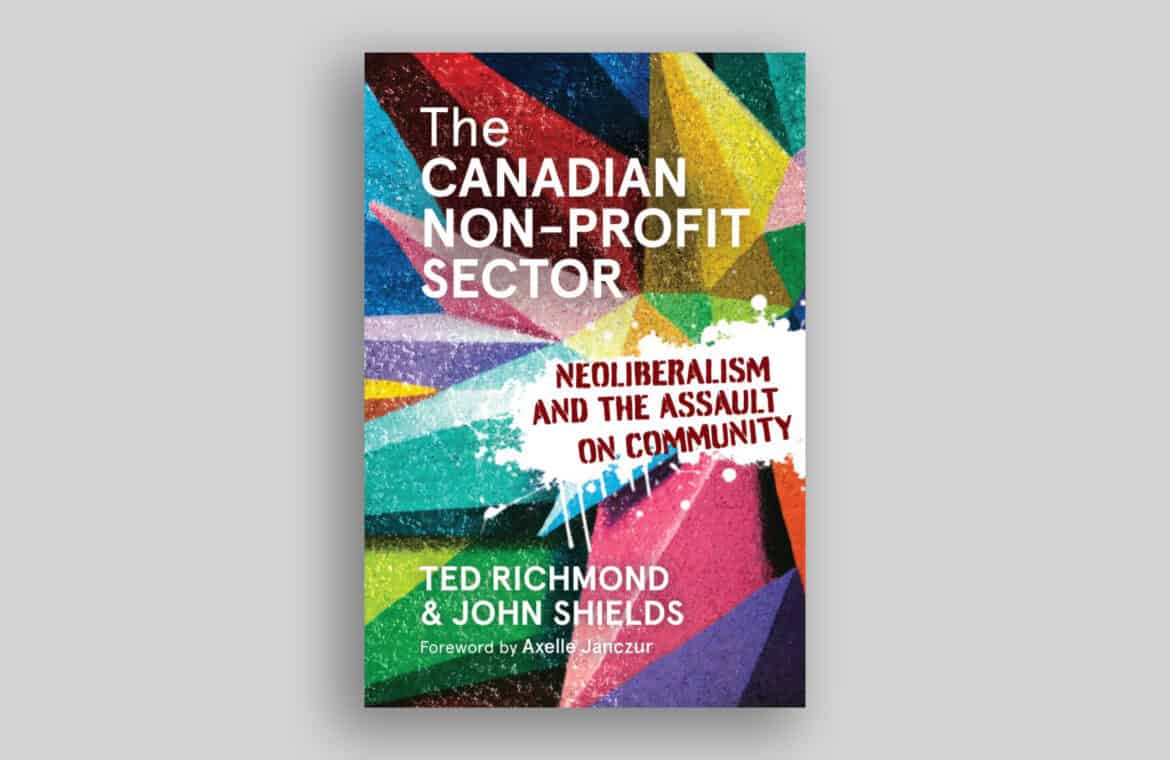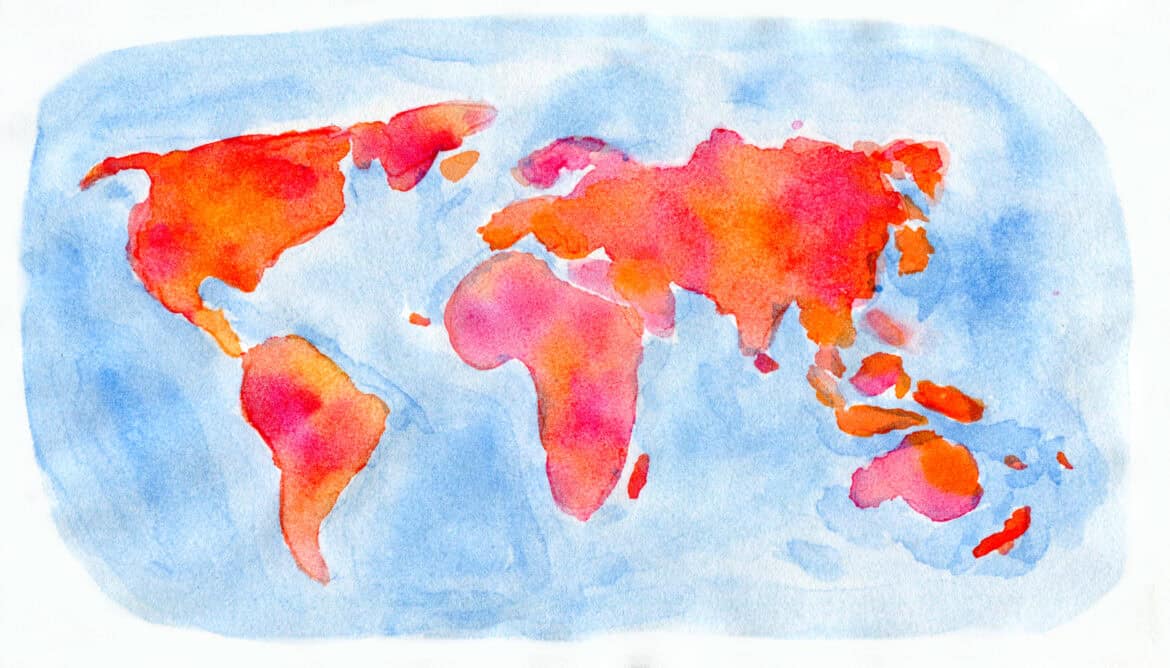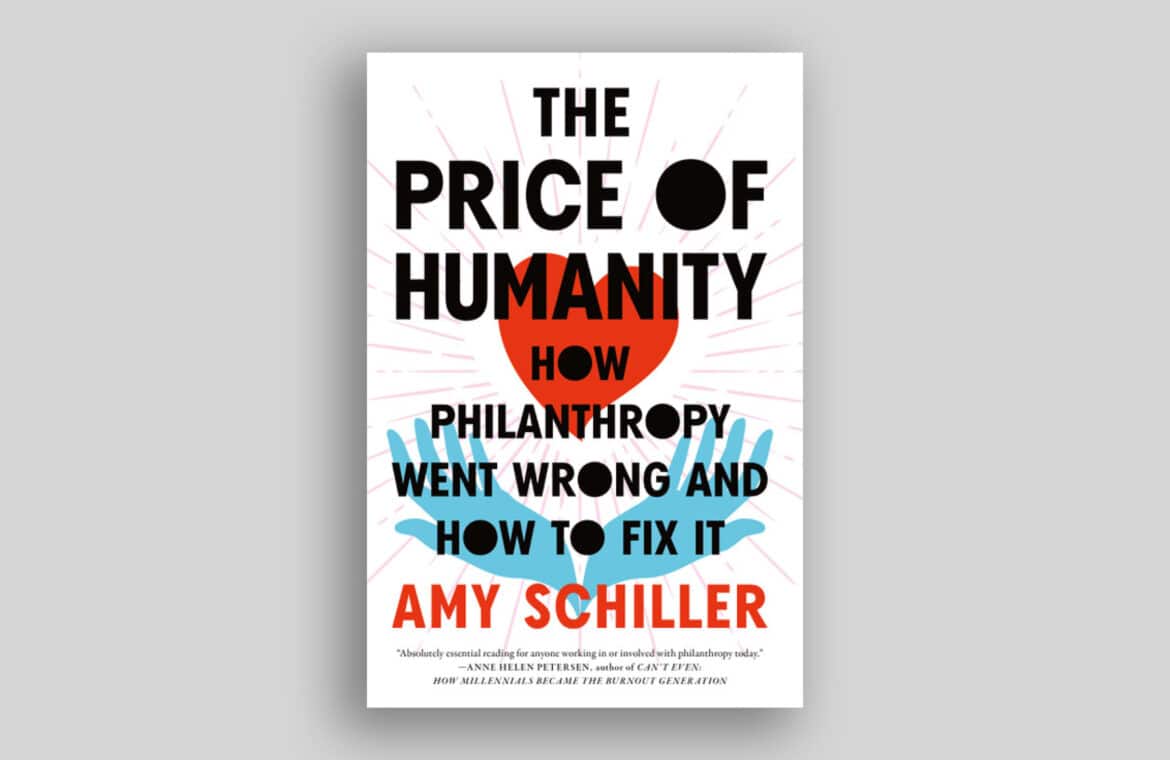Book Reviews, Personalities & Interviews
Ellen Gabriel: 35 years after the so-called Oka Crisis
More than three decades after the Mohawk Resistance at Kanesatake, the activist, artist, and filmmaker who was on the front lines doesn’t see much progress in Canada’s treatment of Indigenous Peoples. She hopes her new book will help educate Canadians.
